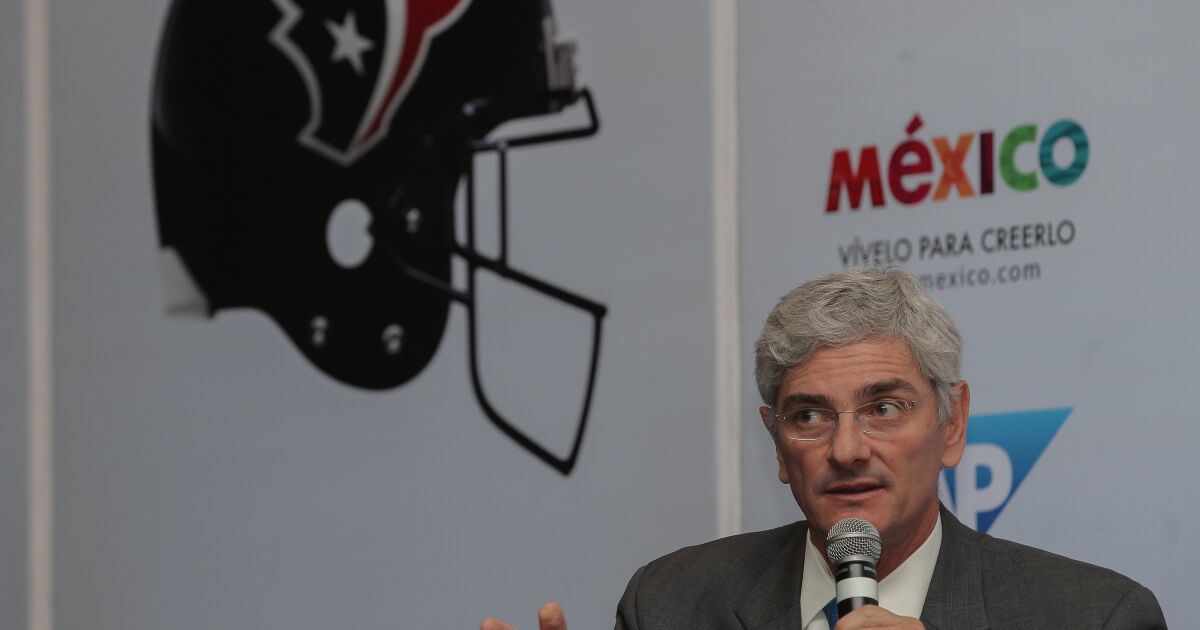The World Cup grows to 48 countries; Is bigger better?

The next World Cup will be the largest in history after FIFA decided to jump from 32 to 48 teams in 2026.
This means that the so-called “Benin” teams that did not qualify for Qatar will have a unique opportunity when the tournament is held between the United States, Canada and Mexico.
This is good news for those who enjoyed Saudi Arabia’s victory over Argentina’s Lionel Messi, or Japan’s victory over former world champions Germany and Spain, or the matches in which Morocco defeated Belgium and the Spanish national team in this World Cup.
There will certainly be more upsets in four years, but it is not yet clear if a bigger tournament will be better.
While 48 teams raises the prospect of Cinderella stories such as the Arabs’ 2-1 victory over Argentina in the group stage, there is also a chance that in the opposite, more lopsided matches could take away the luster of the tournament it is meant to be. against the best.
These World Cups also saw Spain beat Costa Rica 7-0 and England 6-2 Iran. France crushed Australia 4-1 and Qatar became the first host to lose its three matches in the group stage.
Now FIFA will have to turn to lower international level teams to raise the quota from 32 to 48 countries.
“It means we will have to find another 16 good teams,” said Arsene Wenger, FIFA’s Technical Director of Development and a pivotal figure in making the 48-team World Cup a success.
FIFA continues to promote expansion as furthering the interest of global football. All continents will get more tickets and FIFA said opening the event to more than 211 of its members should have a huge impact as more eyes will be able to watch the sport on TV and it will influence more children kicking balls around the world.
Wenger said: “I am convinced that if countries have more opportunities to break out on the world stage, they will do more to develop football in that country.”
The World Cup in Qatar is the first of its kind in the Middle East. The decision sparked a lot of criticism, and what happened on the field could be an indication of the format of the 48-team tournament that has been announced since 2017, and that FIFA must defend those who question the possible format.
Originally, FIFA had indicated that 16 groups of three teams would be drawn up, but this idea has been heavily criticized. Another option is 12 groups of four teams. Wegner said the FIFA council had not made a decision.
In Qatar, Japan was one of three Asian teams that qualified for the Round of 16, something that had never happened before. African teams scored more points than ever in the group stage. Morocco defeated 2018 runners-up Croatia and 2018 semi-finalists Belgium before reaching the quarter-finals by eliminating Spain. Cameroon were knocked out by defeating Brazil, the first time an African had done so to a five-time world champion.
“You have to see how the World Cup develops,” said Senegal coach Aliou Cisse. “It was not like 30 years ago when the big fish ate their young alive.”
After Japan’s stunning first tour, “Asia cannot be underestimated,” said Takefusa Kubo. Ghana coach, Otto Addo, emphasized that Africa deserved more seats so that their teams would have a chance to move forward.
However, this expansion probably won’t have much impact on the final outcome of the World Cup.
Teams from Europe and South America, the big fish Cissé is talking about, have won all 21 World Cup titles so far, with 12 wins for the Europeans and nine for the South Americans.
No team from another part of the world has reached the final in the 100-year history of the World Cup.
82 of the 84 semi-finalists were from Europe or South America. The United States in 1930 and South Korea in 2002 are the exceptions.
In Qatar, although teams from other regions of the world performed well in the first stage, only Morocco managed to reach the quarter-finals, where they will face Portugal on Saturday. South Korea, Japan, Senegal, the United States and Australia were eliminated in the round of 16.
Senegal in Cissé are African champions, but they were clearly beaten 3-0 by England. South Korea, the third country in Asia, was defeated 4-1 by Brazil. “Look at the players they have,” said their South Korean star Son Heung-min, almost enviously.
The biggest World Cup presents growth opportunities for FIFA. Just over 3.5 billion people, more than half of the world’s population watched the 2018 FIFA World Cup in Russia and FIFA generated $7.5 billion in business deals related to the Qatar World Cup.
These numbers have been achieved with a 32-team tournament, so 48 means the opportunity to sell World Cup aspirations to more people in more places.

“Reader. Beer practitioner. Web expert. Subtly charming travel geek. Friendly music specialist.”











